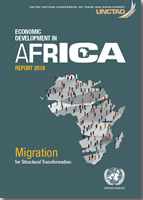Global warming may up flood risk in India, Southeast Asia
Unchecked global warming may increase the risk of flooding at the end of this century in 42 per cent of the Earth's land surface, including parts of India, Southeast Asia and Africa, a new study has warned.


